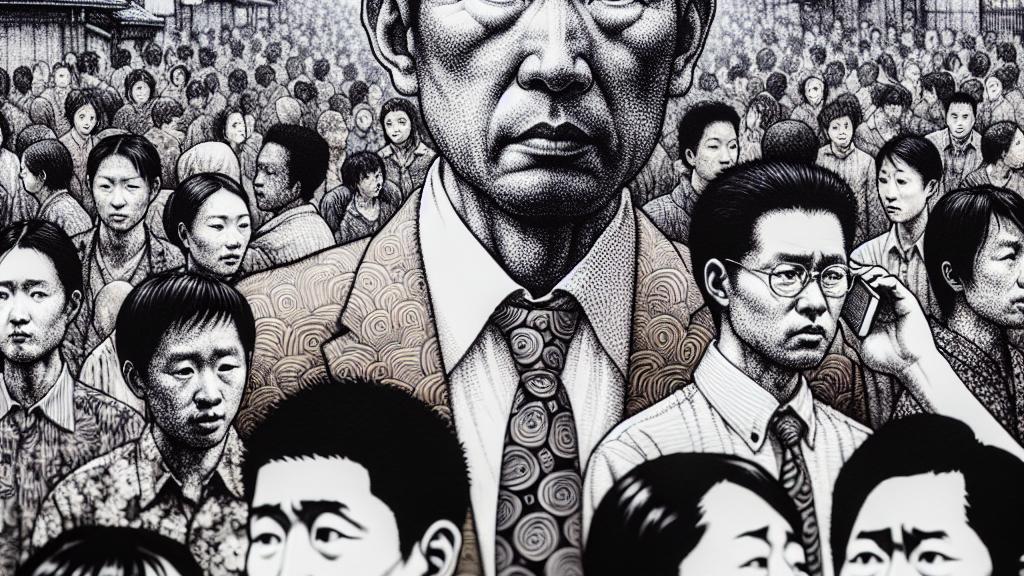Exploring the Phenomenon of Middle-Aged Singles
Overview
- Dive into the unique and unconventional behaviors displayed by single men in their forties.
- Examine the deep psychological impacts and consequences of prolonged loneliness.
- Address societal norms, highlight challenges, and propose solutions to foster community.

Understanding the Behavior of Middle-Aged Singles
In modern Japan, there's a fascinating yet concerning trend observed among single men hovering around the age of 45. Picture this: a man who was once the life of the party is now caught in a whirlwind of impulsivity and desperation. For instance, he might suddenly reach out to an acquaintance he hasn’t spoken to in years, or he might uncomfortably insert himself into gatherings dominated by much younger participants. What drives this behavior? It's often rooted in an overwhelming fear of loneliness. As they confront the stark reality of social isolation, their need for connection intensifies, leading them to frantic attempts at interaction that can become socially awkward. This paradox—where the desire for friendship leads to behaviors that push others away—creates a painful cycle that’s hard to break.
Psychological Impact of Isolation
The psychological toll of enduring loneliness is far-reaching and often deeply damaging. Imagine waking up every day feeling disconnected from the world around you; it can warp your self-image and skew perceptions of reality. Engaging with younger people, meant to rekindle a sense of belonging, often turns into a grasping attempt at validation—a desperate measure whose failure can plunge one into increased feelings of rejection and self-doubt. Research shows that chronic loneliness isn't just an emotional issue; it translates into real physiological consequences, contributing to conditions like elevated blood pressure and accelerated aging. It’s an unsettling reality that loneliness, experienced as a kind of 'social pain,' underscores our fundamental human need for connection, making it critical to address this issue holistically.
Societal Challenges and Strategic Solutions
The societal landscape presents formidable challenges for single middle-aged men, who often find themselves ensnared in stigmas and stereotypes that marginalize their existence. For instance, community events frequently cater to families, which can alienate those who are single. To tackle these societal pressures, we must foster robust support systems designed to promote inclusivity and intergenerational dialogue. Imagine community spaces buzzing with activities like workshops and friendship-building programs that transcend age barriers. Additionally, raising awareness about mental health and offering accessible resources are essential steps towards encouraging individuals to engage with their communities. By building environments where everyone feels valued—regardless of their marital status—we can initiate pivotal change, turning loneliness into community, despair into connection, and ultimately creating a richer, more inclusive society. Together, we can transform how we perceive and support middle-aged singles, ensuring they no longer feel isolated but are instead celebrated as fully-fledged members of the community.

Loading...